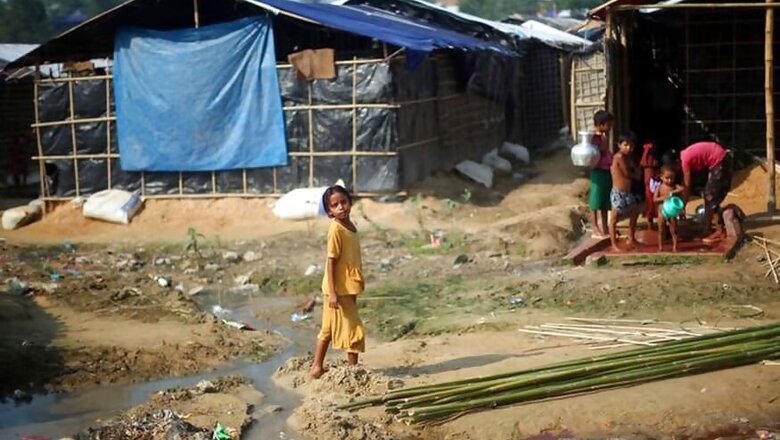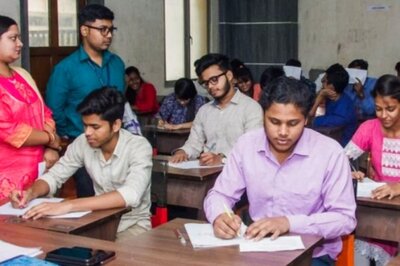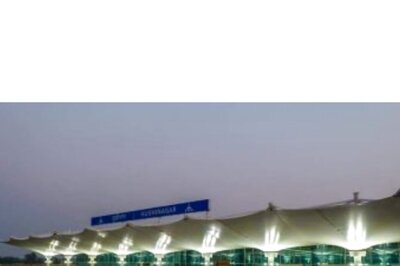
views
Yangon: A UN settlement programme, UN-Habitat in Myanmar, on Thursday rejected a state media report that it had agreed to help build housing for people fleeing violence in the northern Myanmar state of Rakhine, where an army operation has displaced hundreds of thousands.
The development underscores tension between Myanmar and the United Nations, which in April criticised the government's previous plan to resettle Rohingya Muslims displaced by last year's violence in "camp-like" villages.
More than 600,000 have crossed to Bangladesh since Aug. 25 attacks by Rohingya militants sparked an army crackdown. The United Nations says killings, arson and rape carried out by troops and ethnic Rakhine Buddhist mobs since then amount to a campaign of ethnic cleansing against the Rohingya.
The state-run Global New Light of Myanmar newspaper said on Thursday that UN-Habitat had agreed to provide technical assistance in housing displaced people in Rakhine and the agency would work closely with the authorities to "implement the projects to be favourable to Myanmar's social culture and administrative system".
But Stanislav Saling, spokesman for the office of the UN resident coordinator in Myanmar, told Reuters in an email that "no agreements were reached so far" after the agency's representatives attended a series of meetings with Myanmar officials this week in its capital Naypyitaw.
"The UN-Habitat mission emphasized that resettlement should be conducted in accordance with the principles of housing and property restitution for refugees and displaced persons to support their safe and dignified return to their places of origin," he said, responding on behalf of UN-Habitat.
UN-Habitat welcomed the interest of the Myanmar government in international norms and standards, he added.
The United Nations' principles state that all refugees or displaced persons have the right to return to property or land from which they were arbitrarily or unlawfully removed.
Myanmar leader Aung San Suu Kyi has pledged that anyone sheltering in Bangladesh who can prove they were Myanmar residents can return, but it remains unclear whether those refugees would be allowed to return to their homes.
Rohingya who return to Myanmar are unlikely to be able to reclaim their land, and may find their crops have been harvested and sold by the government, according to Myanmar officials and plans seen by Reuters.
Buddhist-majority Myanmar in August suggested that UN agencies such as the World Food Programme have provided food to Rohingya insurgents, adding to pressure on aid groups which had to suspend activities in Rakhine and pull out most of their staff.
Still, Soe Aung, permanent secretary at the Ministry of Social Welfare who attended the meetings with UN-Habitat, insisted that the agency had agreed to give assistance and the two sides will meet again on November 8.
"We have reached an agreement with the UN for technical assistance. We will discuss more details on how to proceed," he told Reuters.
The Myanmar military said on Thursday that it will withdraw "some" of the security forces carrying out clearance operations in northern Rakhine and dispatch them to the state capital, Sittwe, as an auxiliary force.
Thousands of refugees have continued to arrive cross the Naf river separating Rakhine and Bangladesh in recent days, even though Myanmar says military operations ceased on Sept. 5.




















Comments
0 comment